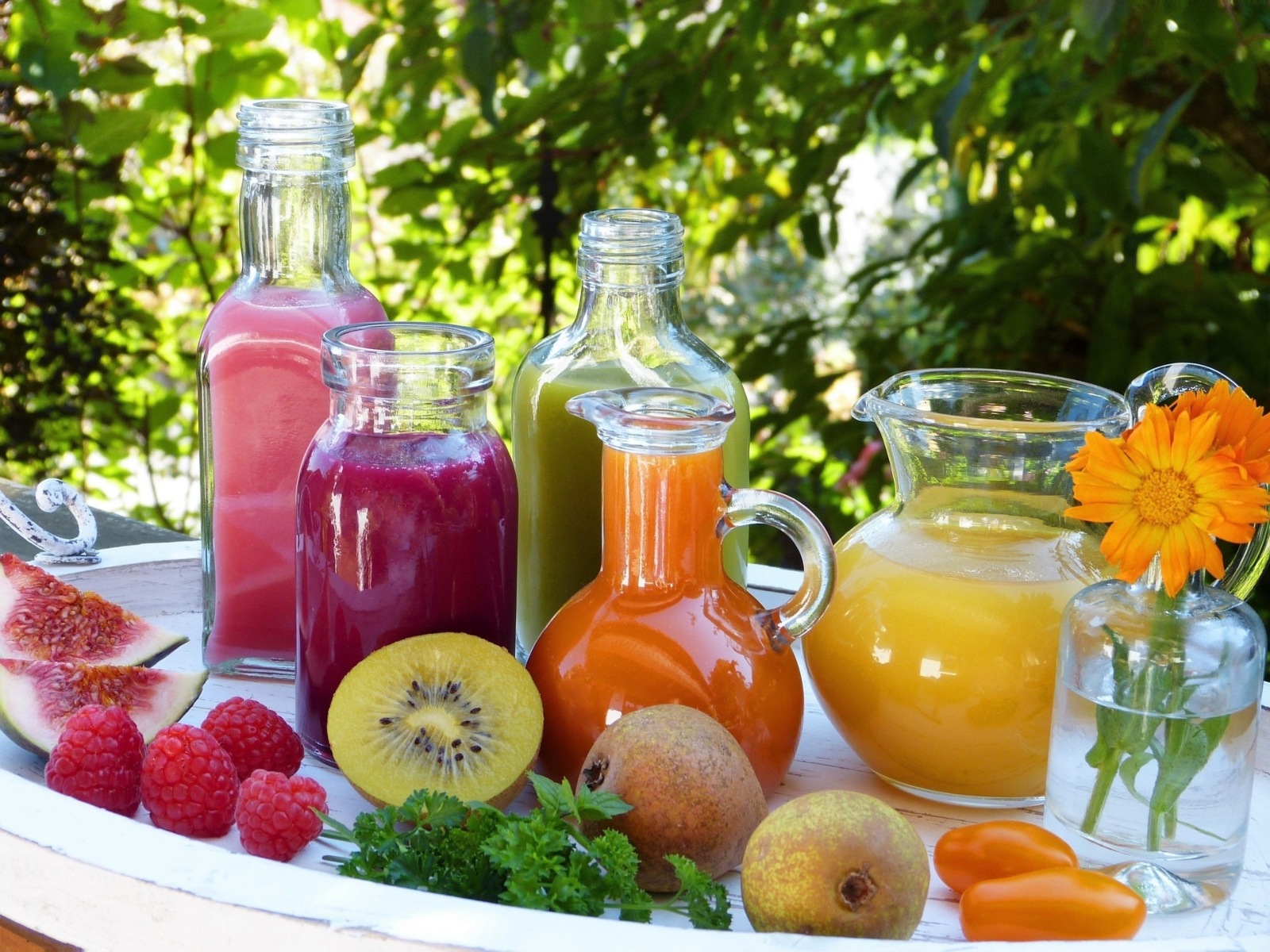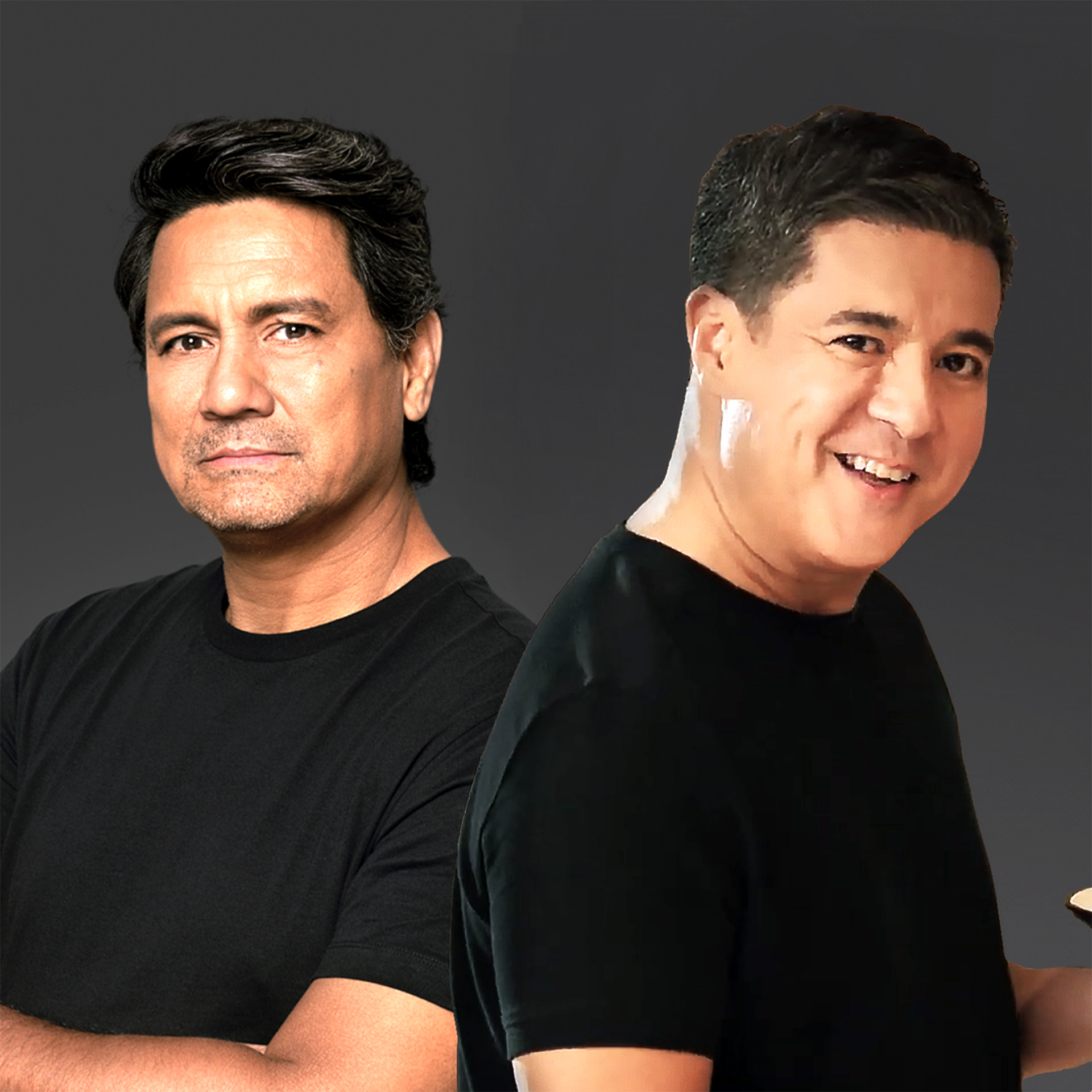With help from a Registered Nutritionist-Dietitian, we debunk the number one detox myth and point you to actually effective routines that’ll help your body to detoxify
Detoxification diets are one of the most popular weight loss diets on the internet. According to its advocates, detoxes like juice cleanses aid weight loss, remove harmful toxins from the body, and promote clearer skin. However, there is insufficient evidence to support these claims. While some may experience short-term benefits, researchers suggest that diets such as these can leave long-term damage, particularly if doing a juice cleanse worsens one’s disordered eating habits and causes nutritional deficiencies.
RELATED: Intermittent Fasting and How Not to Lose Weight
And yet, we have big names like Gwyneth Paltrow who claim her wellness practices—such as a strict paleo diet and bone broth regimen—support her body’s detoxification. That leaves one question: Do we need detox diets?
Debunking the detox myth

Unless you have specific health concerns, your body does not need help from a detox program. Weighing in, Registered Nutritionist-Dietitian Jo Sebastian explained that several of our bodies’ organs are designed to naturally cleanse the body and rid it of toxins.
RELATED: Get to Know Jo Sebastian, Local Content Creator Who Makes Space For Recovery
“Your liver is the one that processes everything that happens, so it gets rid of those things. Your kidney filters also, so that you can get rid of specific toxins in the body. So your body has great systems that do that,” she said. “Unless you have a specific health concern that impacts those organs, your body is doing a great job.”

Besides the liver and kidneys, the others responsible for eliminating toxins from the body include the lungs, colon, skin, and lymphatic system. All of these are essential for the detoxification process, which involves bile, feces, urine, breath, and sweat.
RELATED: Health According to a Holistic Wellness Coach
“By doing these detoxifying cleanses, especially on a regular basis, most of the time, what we end up doing is getting rid of a lot of nutrients that our body needs,” Jo continued. “Like, for example, juice cleansing. If you do a cleanse for seven days, what happens? Sure, you’ll feel lighter, but that’s mostly because you didn’t eat anything and were just drinking juice. You’ll probably also feel a lot more tired, and you will probably have cravings and feel like you have to eat more later on.”

During that seven-day cleanse, Jo also said that you’d be lacking protein, fiber, and fats, which isn’t ideal for your health. Providing a better solution, she said, “What could really support the detoxification process in our body is to eat regularly, add in important nutrients, manage your sleep, [and] move your body. So, taking care of your body on a regular basis is what’s going to help your body do the detoxification that it needs to do.”
RELATED: How to Support Your Liver Health Through Food
She also clarified that there aren’t any nutrients that will instantly boost the detoxification process “just like that.” Instead, every healthy habit plays an important role.
Our takeaway

RELATED: Why the Mediterranean Diet is Ranked the Best in the World
Toxic substances are difficult to avoid in this day and age, but our bodies typically don’t need additional help to get rid of them. Instead of engaging in potentially harmful detox diets, we can support our bodies’ natural function by having healthy habits, such as regularly exercising and having a balanced diet.










